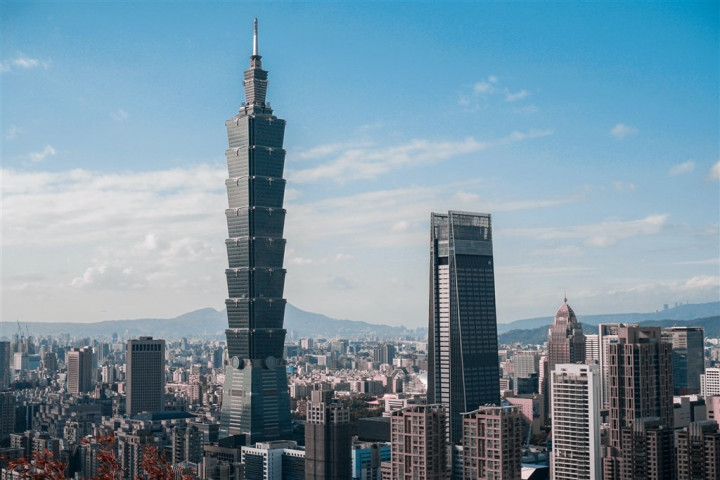
Washington, July 21 (CNA) The U.S. government's Investment Climate Statements report released Wednesday, observes that Taiwan's advanced R&D capability and government incentives have attracted American and other foreign investment in the country.
Taiwan "is an important market in regional and global trade and investment" and has played "a dominant role" in the global technology supply chain because the export-dependent economy has a highly skilled workforce that contributes to research and development (R&D), the report said.
The report, which was released by the U.S. Department of State, also indicated that the Taiwanese authorities have provided incentives to attract direct foreign investment (FDI) from both foreign companies and Taiwanese firms operating overseas.
Favorable terms provided by Taiwan to boost inward FDI include tax incentives, tariff exemptions, low-interest loans, as well as a reshoring incentive program launched in 2019 to help Taiwanese companies with operations in China invest more in Taiwan, according to the report.
Under such circumstances, the island's finance, wholesale and retail, as well as electronics sectors have been the main targets for overseas investors, the report said.
Meanwhile, the report noted that the U.S. is Taiwan's second-largest source of FDI following the Netherlands.
It cited U.S. Department of Commerce data as saying that the total stock of U.S. FDI in Taiwan reached US$17.3 billion in 2019.
American investors, in particular, have focused on Taiwan's advanced technology, digital, traditional manufacturing and services sectors, according to the report.
In addition, some Taiwanese and foreign investors consider Taiwan "a strategic relocation alternative to insulate themselves against potential supply chain disruptions resulting from regional trade frictions," the report said.
However, the report also took note of some "structural impediments" in Taiwan's investment environment, such as market influence exerted by domestic and state-owned enterprises in utilities and the energy, post, transportation, financial and real estate sectors.
According to the report, Taiwan's government has placed various caps on both FDI and foreign indirect investment in sectors it deems sensitive.
In addition, foreign investment in sensitive industries is "subject to heightened regulatory and political scrutiny," the report added.
Meanwhile, when it comes to investment in media or advanced technology sectors, such as semiconductors, Chinese capital is closely scrutinized by the Taiwanese authorities for national security reasons, the report said.
"Taiwan's National Security Bureau has participated in every People's Republic of China-related investment review meeting regardless of the size of the investment," it said, adding that "blocked deals in recent years have reflected the authorities' increased focus on national security concerns."
According to Taiwan's Investment Commission, Taiwan approved a total of 1,313 applications for overseas Taiwanese and foreign investment from January to June.
Among the approved investment cases, 20 involved Chinese capital, a year-on-year decrease of 64.29 percent, according to the data.
The annual U.S. report, which examines the business climates of more than 170 countries and economies, is prepared by American economic officers posted in embassies and missions around the world, according to the State Department.